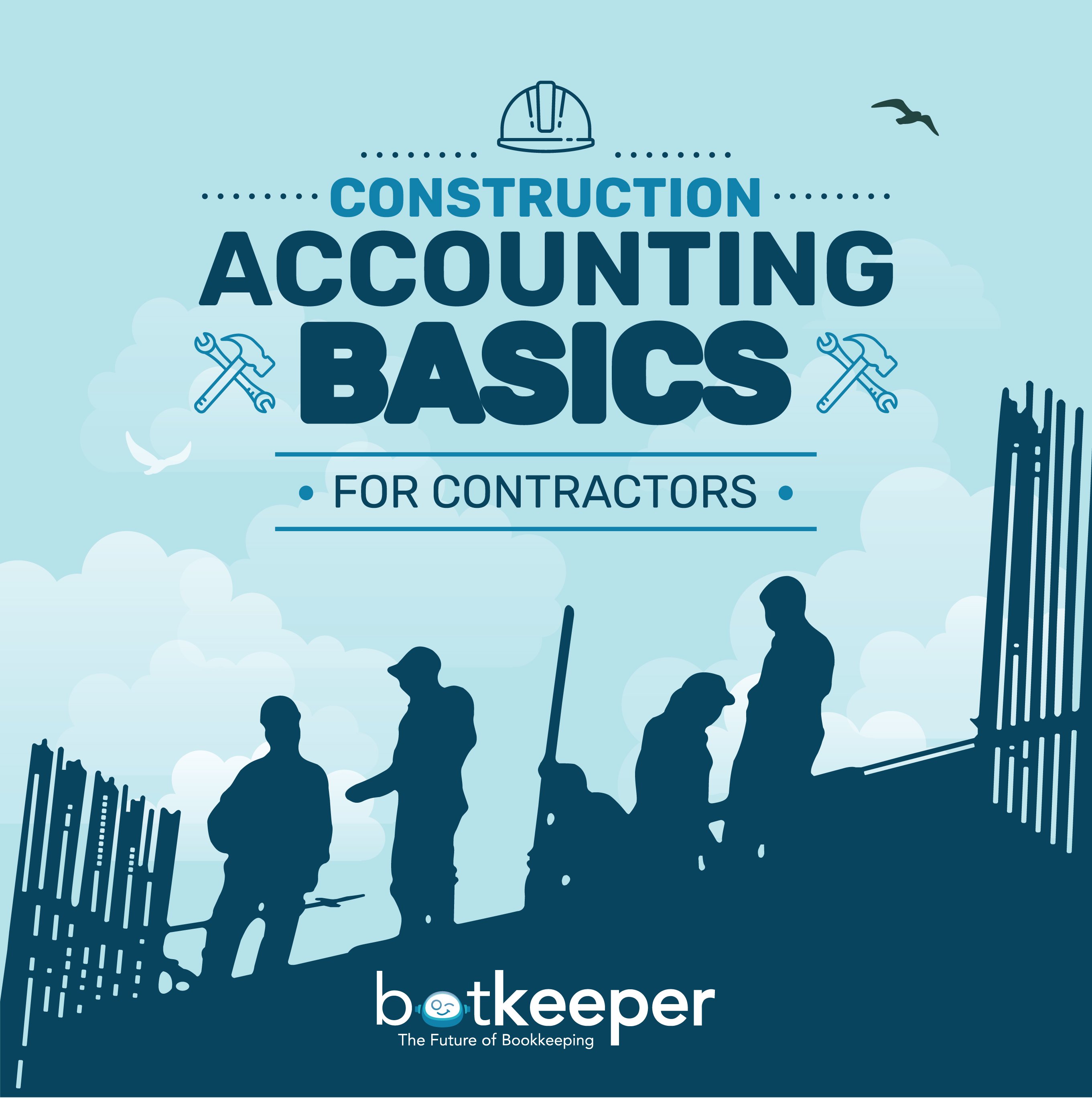A day in the life of a contractor is a busy one. You’re up early to answer emails and sort through paperwork before heading to a job site. From there your day is full of meetings with subcontractors, reviewing the progress they’ve made, and making sure your project is on track and, more importantly, on budget.
But budgeting is just one part of the equation. Contractors have to think about tons of financial factors from billing to the cost of labor and production. And since contractors work on a project basis, things are always changing.
That’s why it’s so important that you and your team not only understand accounting best practices but have specialized knowledge of the construction industry too. The success of your business and the satisfaction of your clients rely on knowing construction accounting basics—but if you don’t have a financial background, it can feel like an uphill battle. This can feel like building a house without laying the foundation first, and we all know that would be a bad build!
Not sure where to start? Here are the construction accounting basics all contractors should know.
Construction Accounting Basics: Key Differences Between Construction Accounting and Regular Accounting
Project-Based Accounting
As a contractor, you work from project to project and often, on multiple projects at once. While businesses in other industries typically set up their accounting procedures based on a single transaction, in construction accounting, the lines are far more blurred. Income doesn’t always appear directly after the work is done. In fact, it can take months to be recorded in the books.
Limited Sales
Mobile Work and Production
Irregular Contracts
Fluctuating Overhead Costs
The final major difference someone will see when learning how to run accounting in a construction business is the ever-changing overhead costs. Workers’ compensation, insurance, training, sub-contractors, partners, and other factors are more relevant to construction accounting than most other industries. So even if nothing changes on the projects from month to month, the overhead costs will still change.
How to Do Construction Accounting: Best Practices
Sound like a lot? Luckily, complex problems aren’t impossible problems. In fact, figuring out how to do construction accounting correctly can be a fun accomplishment for many business owners. To grow beyond construction accounting basics and get your company to thrive, implement these best practices as soon as possible.
- Create Job Costing Goals
- Use Clear Tax Strategies
-
Leverage Construction Accounting Software
Create Job Costing Goals
Job costing is the best way to get accurate construction accounting forecasts. Whether you’re bidding on a new project or anticipating the amount of cash you’ll have on the first of the month, job costing can help.
Job costing is the procedure in which expenses and profits are projected for phases of a job. In job costing, everything from materials, labor hours, and overhead costs are given a projection. It provides a comprehensive, detailed look into your financial statements.
To stay on track with job costing, however, you need your entire team’s dedication. Job costing goals provide a roadmap for those outside of accounting that explains why reporting data is important. It gives them an idea of where your company is trying to go and on what timeline.
Use Clear Tax Strategies
Taxes add an additional layer of stress to construction accounting basics. Before you do anything, determine the best tax strategy for your organization. As we mentioned, individual construction projects can span months or years and the revenue isn’t always consistent.







